We’re delighted to present the 2019 Open Access Ambassadors. Learn about who they are and what motivated them to join the program:
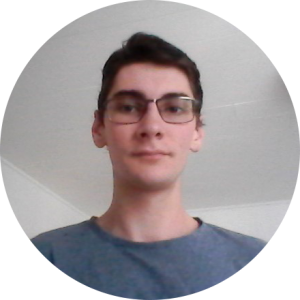 |
Ambassador Zachary Adams Max Planck Institute for Mathematics in the Sciences “I would like to promote sharing science with as broad an audience as possible. Additionally, I would like to learn more about the legal side of publishing my own work.” |
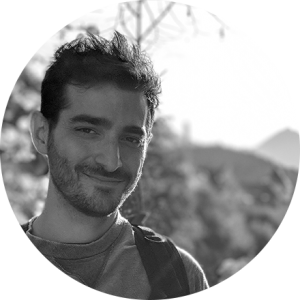 |
Ambassador Federico Adolfi Max Planck Institute for Empirical Aesthetics “I would like to learn more about ways in which we can incorporate relevant practices to our workflow and distribute this knowledge at my institute.” |
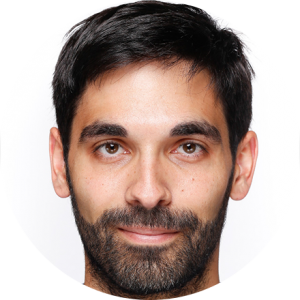 |
Ambassador Lukas Anneser Max Planck Institute for Brain Research “Doing science requires openness and the willingness to share ideas and concepts. We have to break the walls preventing access to this mostly publicly funded good.” |
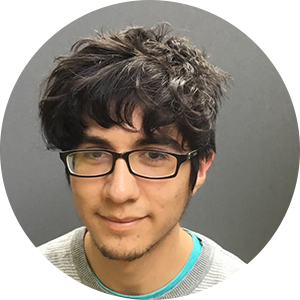 |
Ambassador Erick Eligio Arroyo Perez Max Planck Institute for Terrestrial Microbiology “I think the open access initiative is very important, yet is not given enough attention in my professional environment.” |
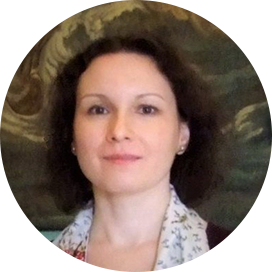 |
Ambassador Maria Avxentevskaya Max Planck Institute for the History of Science “My motivation for joining the team of Max Planck Society’s Open Access Ambassadors is threefold: first of all, like many others, I believe that knowledge should be treated more as public good; second, being familiar with the Open Access operations will inform me about legal relations with various types of institutions including publishing houses; and last but not least, Open Access publishing reflects dynamics in the distribution and production of knowledge, which in its own right can be a valuable source for researchers.” |
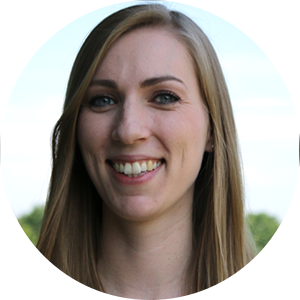 |
Ambassador Kristina Barragan Sanz Center of Advanced European Studies and Research (CAESAR) “I would like to broaden my knowledge of open science/access and share this information with my colleagues at the institute.” |
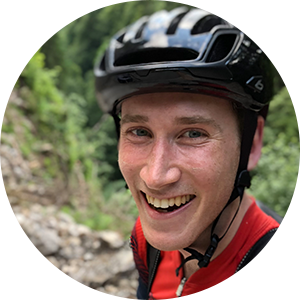 |
Ambassador Thomas Body Max Planck Institute of Plasma Physics “I want to start a B-company which provides an open science (open access, open peer review, open data) publishing platform for scientists, and want to learn.” |
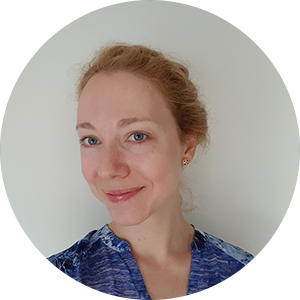 |
Ambassador Yulia Borozdina Max Planck Institute for Biological Cybernetics “I believe that transparency and open access to the newly published data would facilitate the further progress of research. Need new ‘open access’ software that could substitute the licensed ones.” |
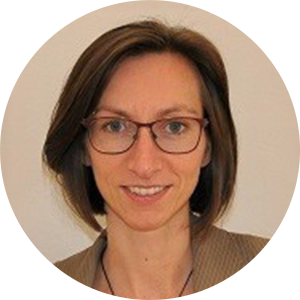 |
Ambassador Johanna Bristle Max Planck Institute for Social Law and Social Policy “Today’s challenges require collective efforts through co-creation instead of competition. Open science is the mindset and tool box that enables co-creation.” |
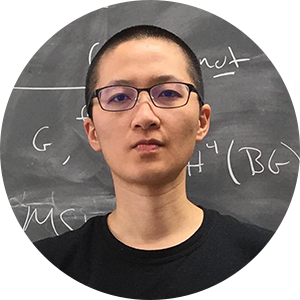 |
Ambassador Dani Chao Max Planck Institute for Astrophysics “I myself have been getting benefit from open source a lot for a long time. I learn everything I need for my research project from open sources, and I want other researchers could also get benefit from open sources.” |
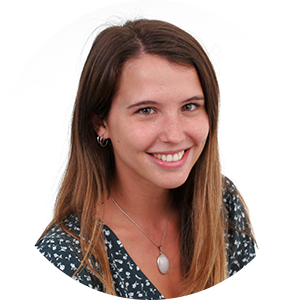 |
Ambassador Marina Cuenca Max Planck Institute of Molecular Cell Biology and Genetics “I believe in a future where all of us are committed to bridge science through open access publications and open source projects.” |
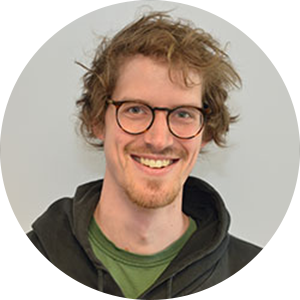 |
Ambassador István Dunkl Max Planck Institute for Meteorology “We should work on a better way of sharing knowledge.” |
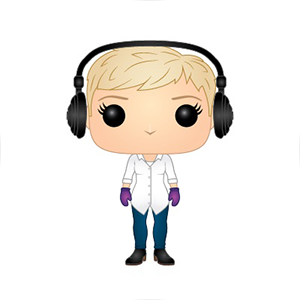 |
Ambassador Maria Eichel Max Planck Institute for Experimental Medicine “I want to gather more information about open access myself and would like to spread this amongst our institute since it is rarely discussed. I want to join to be informed properly when discussing with bosses or such about publishing open access. Last but not least I did a lot of voluntary PhDnet related work in the past and would be happy to tackle a new task.” |
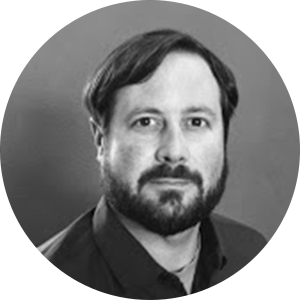 |
Ambassador Dustin Eirdosh Max Planck Institute for Evolutionary Anthropology “I am passionate about making science accessible to everyone, and helping scientists do so more easily.” |
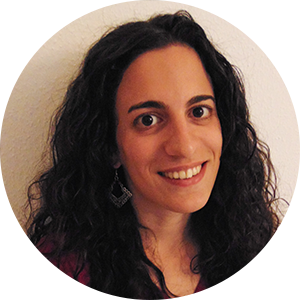 |
Ambassador Katarina Elez Max Planck Institute for Molecular Genetics “I believe researchers have a duty to share their work with the public in order to accelerate scientific progress. This also increases the visibility of their study, its recognition and exchange of ideas.” |
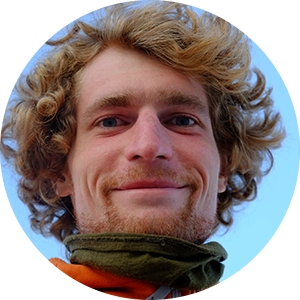 |
Ambassador Mirkko Flecken Max Planck Institute of Biochemistry “Free access to knowledge is the basis for equal opportunities – and should be the goal of a courageous and free society.” |
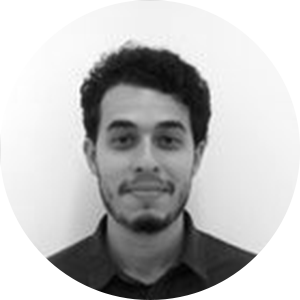 |
Ambassador Gilberto Guerra Pedrosa Max Planck Institute for European Legal History “My first steps in academia were in a scientific environment of a developing country, where the majority of universities have problems with libraries maintenance, funding for database server or even good-quality web access. I believe that open access debate does not solely involve optimizing distribution of scientific publications, it is closely linked to reverse knowledge monopoly and information asymmetries between contrasting world regions through science.” |
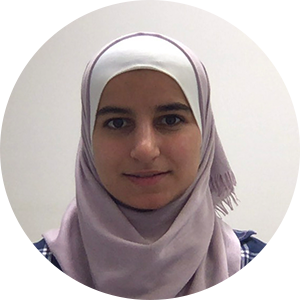 |
Ambassador Aicha Haji Ali Max Planck Institute of Neurobiology “The only way to move forward in science is by open access because I believe science is a global effort and belongs to the whole globe.” |
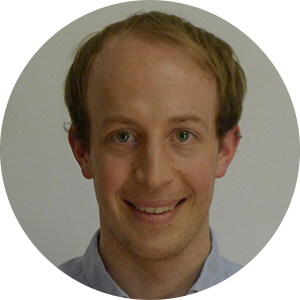 |
Ambassador Jan Heiland Max Planck Institute for Dynamics of Complex Technical Systems “I am convinced that open access is for the good of all.” |
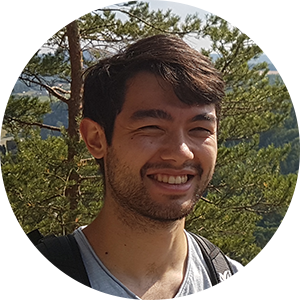 |
Ambassador Nikolai Hoermann Max Planck Institute of Neurobiology “Open science practices allow research and its assessment to be more transparent and accessible for scientists.” |
 |
Ambassador Greta Kaufeld Max Planck Institute for Psycholinguistics “I believe that scientific research should be accessible. I’m especially interested in tools that can help make scientific workflows more open.” |
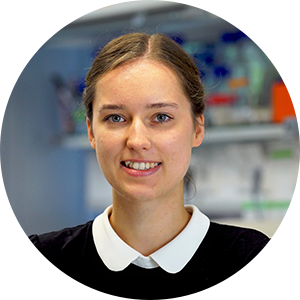 |
Ambassador Vivien Kohlhaas Max Planck Institute for Metabolism Research “Knowledge is a precious treasure that should be accessible to anyone who is interested.” |
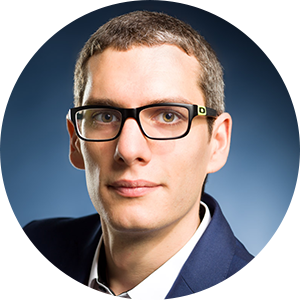 |
Ambassador Peter Kraus Fritz Haber Institute of the Max Planck Society “Because publishers are evil, the taxpayer pays for most science, and because open access is Marxist.” |
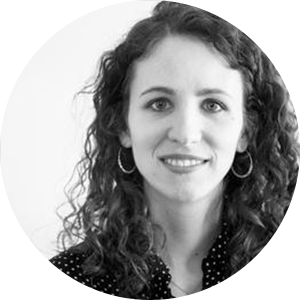 |
Ambassador Raffaela Kunz Max Planck Institute for Comparative Public Law and International Law “Having access to knowledge is not only indispensable for scientific progress. It is also a question of global justice.” |
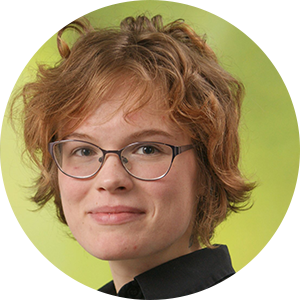 |
Ambassador Ivana Lapsanska Fritz Haber Institute of Max Planck Society Berlin “I believe science should be more approachable and transferable; and nowadays we have tools to do so. Moreover with the vast number of data come more opportunities for yet unknown outcomes if appropriate mechanisms are in place.” |
 |
Ambassador Bernadette Lessel Max Planck Institute for the History of Science |
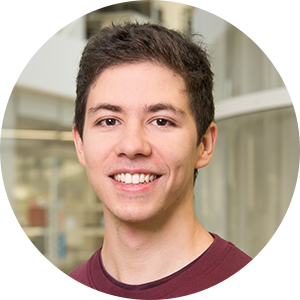 |
Ambassador Edoardo José Longarini Max Planck Institute for the Biology of Ageing “I believe it is crucial that science is made accessible. Especially to the wider public and poorer institutions.” |
 |
Ambassador Sahil Loomba Max Planck Institute for Brain Research “I aim to understand the mechanisms and caveats of open access publishing and promote free access of public-funded research to the common public to curb the rising expansion of scientific misinformation.” |
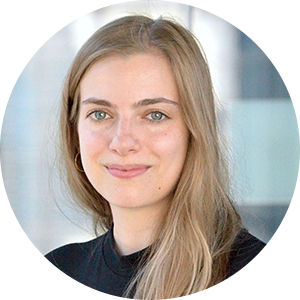 |
Ambassador Sandra Martin Max Planck Institute for Human Cognitive and Brain Sciences “As co-organiser of the symposium Doing Good I understand the significance of Open Science and Good Scientific Practice in academia at the moment. Becoming an Open Access Ambassador will allow me to raise awareness and make people integrate these important tools in their workflow as a researcher.” |
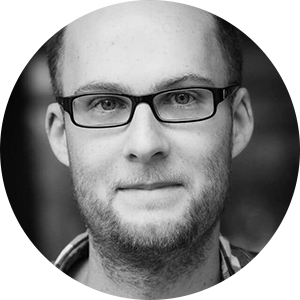 |
Ambassador Daniel Meyer Max Planck Institute for the Study of Societies “I want to promote open access and disseminate open science principles because we need a more open academic system.” |
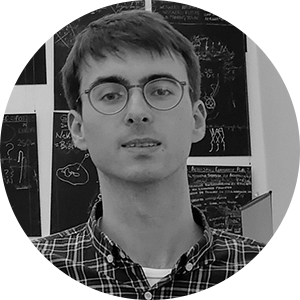 |
Ambassador Thomas Naake Max Planck Institute of Molecular Plant Physiology “Sharing the idea of open access and open science will boost reproducibility of workflows, will make science more transparent to society and disseminate findings more easily.” |
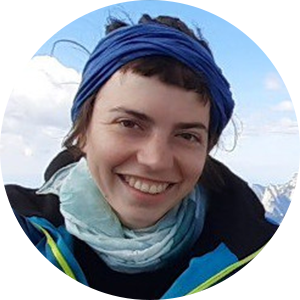 |
Ambassador Sinikka Paulus Max Planck Institute for Biogeochemistry “In the Berlin Declaration, the Max Planck Society already defined ambitious open access goals as logical conclusion of their mission to disseminate knowledge. As ambassadors we can actively contribute to this transition by promoting this new open access paradigm in our institutes.” |
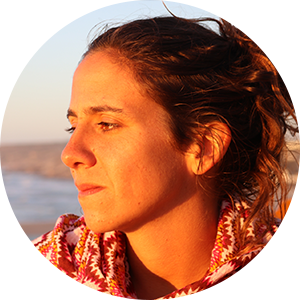 |
Ambassador Carolina Peralta Max Planck Institute for Evolutionary Biology “Having a scientific community with equal opportunities to access information will improve research quality and collaboration. I would like to get insights on what is currently being done to achieve and establish open access and to have the opportunity to share this information with other early career researchers.” |
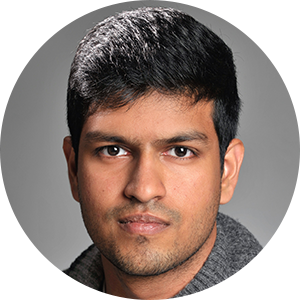 |
Ambassador Dilantha Perera Max Planck Institute for Biophysical Chemistry (Karl Friedrich Bonhoeffer Institute) “Scientific journals are a key source of information for scientists. I am a vocal advocate for open access journals (with a legitimate peer review process). I believe that many journals are taking advantage of the status quo and are hindering scientists from sharing their research!” |
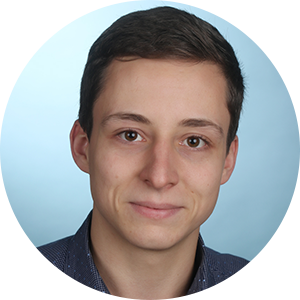 |
Ambassador Berthold Rimmler Max Planck Institute of Microstructure Physics “To learn more about the publication process and open access and to be able to share this knowledge with co-workers in my institute.” |
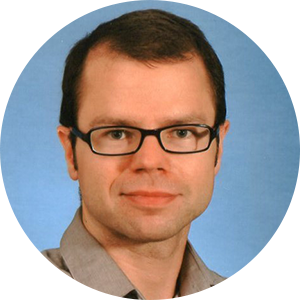 |
Ambassador Frank Rochow Max Planck Institute for Social Anthropology “I would like to find out more about the possibilities to publish with open access and to spread information about it.” |
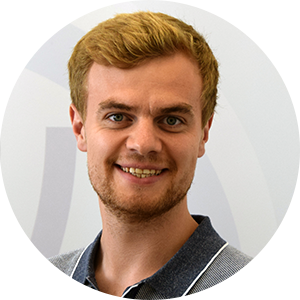 |
Ambassador Nicolas Rost Max Planck Institute of Psychiatry (German Research Institute for Psychiatry) “Open access and open science are key factors in making scientific work easier, more transparent and more reproducible.” |
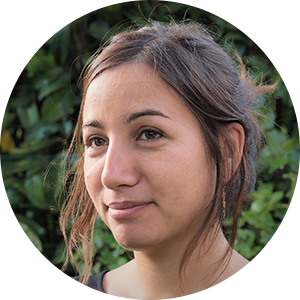 |
Ambassador Albane Ruaud Max Planck Institute for Developmental Biology “I think Open Access is a way to improve equality in science and to give back to the public what their money has been funding. Knowledge on tools to achieve it should be more spread, and I would like to participate in this.” |
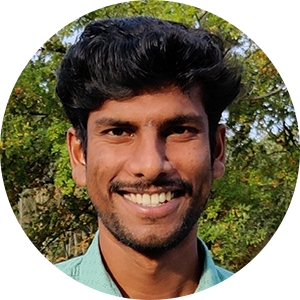 |
Ambassador Ismath Sadhir Max Planck Institute for Terrestrial Microbiology “Scientific knowledge should be made accessible to public without any barriers so as to foster scientific advancement at its best pace.” |
 |
Ambassador Christoph Sander Max Planck Institute for Art History – Bibliotheca Hertziana “Especially the publication of visual data (images etc.) is still a stumbling block for OA approaches, as copyright clearance is a complicated issue. For my colleagues and myself it is important to learn more about the ways we can work with and around this issue.” |
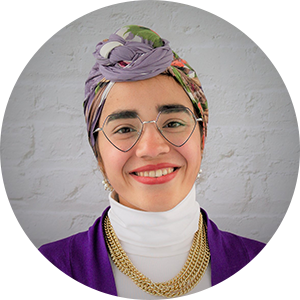 |
Ambassador Aliaa Sayed Hassan Max Planck Institute for Polymer Research “Knowledge is public property and sharing it will make development faster and more efficient.” |
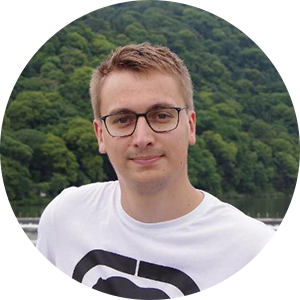 |
Ambassador Martin Schmidt Max Planck Institute for Brain Research “Open (source) tools make research faster, easier to share and reproduce.” |
 |
Ambassador Sabine Schneider Max Planck Institute of Biochemistry “I think it’s important to know about open access and to inform our scientists and to discuss with them.” |
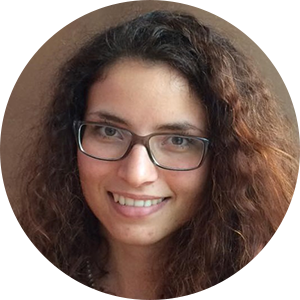 |
Ambassador Teresa Spanò Max Planck Institute for Brain Research “Increased open access science would benefit the scientific community as well as general society, and I think that we, as scientists, have the responsibility as well as (some) tools to encourage it. As a first year PhD student, however, I often feel overwhelmed and not very knowledgeable about the publishing industry and workflow, nor about what we can actively do to support open access; I hope that this conference will give me some insights on the topic, which I will then bring back to my institute to initiate relevant discussions.” |
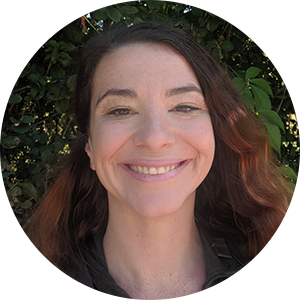 |
Ambassador Sarah Stednitz Max Planck Institute for Biological Cybernetics “Open access practices in science improve communication and transparency both with other scientists and the public.” |
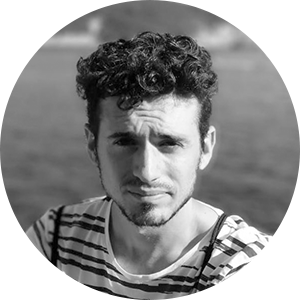 |
Ambassador Daniel Toribio-Florez Max Planck Institute for Research on Collective Goods “Continue getting updated about open science progress, within and beyond the MPS.” |
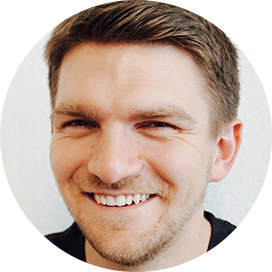 |
Ambassador Erik Tuchtfeld Max Planck Institute for Comparative Public Law and International Law “Knowledge should never be hidden behind walls.” |
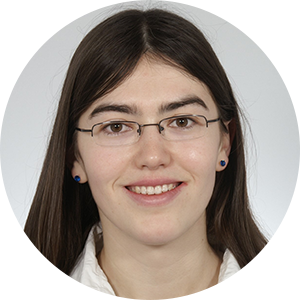 |
Ambassador Isabell Tunn Max Planck Institute of Colloids and Interfaces “I would like to make OA practices more visible at our Institute and in the scientific community in general. I want to understand what keeps people away from publishing all their research OA and make data, protocols, and codes open for everyone.” |
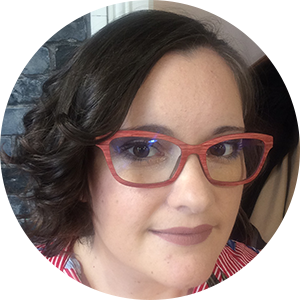 |
Ambassador Marie Vallier Max Planck Institute for Evolutionary Biology “I think the values of science requires that it is open access. We do research not for personal gain but to improve knowledge for all humanity. As such, we need more collaboration, and we need to stop to all reinvent the wheel in our respective labs, when we could all join efforts to make science more efficient. Concerning publications, I understand that the managing of journals requires money, so it is fine that we pay to publish, but it does not make sense anymore the we pay to read. 50 years ago, people had to buy the paper version since it was the only one that could be distributed. Nowadays, everything is online, there is no need for paper versions anymore, so the fees to read are obsolete.” |
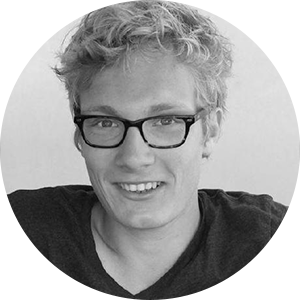 |
Ambassador Pol van Rijn Max Planck Institute for Empirical Aesthetics “I would really be interested to learn more about open access possibilities, policies in the MPG and funding opportunities. I would also be very interested in knowing more about open access code.” |
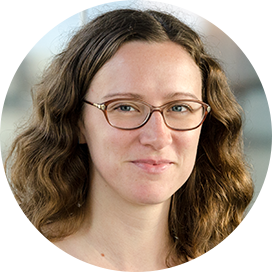 |
Ambassador Cornelia van Scherpenberg Max Planck Institute for Human Cognitive and Brain Sciences “To get the expertise, support and (wo-)man power to implement open science strategies at my institute.” |
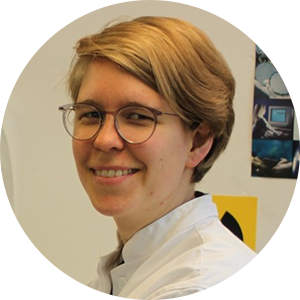 |
Ambassador Sophie von Fromm Max Planck Institute for Biogeochemistry “Our scientific knowledge and data should be freely available to everyone.” |
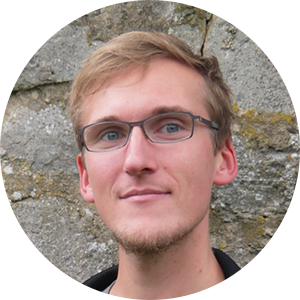 |
Ambassador Dominik Welke Max Planck Institute for Empirical Aesthetics “Learning by ambassing.” ;) |
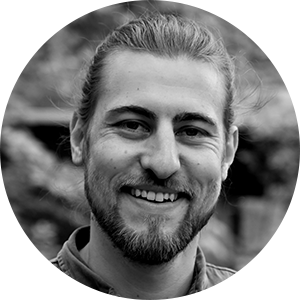 |
Ambassador Hendrik Windel Max Planck Institute of Physics (Werner Heisenberg Institute) “Sharing knowledge worldwide with everybody will unveil the full power of science.” |
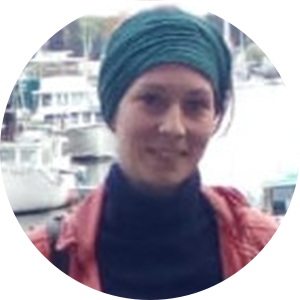 |
Ambassador Claudia Winklmayr Max Planck Institute for Mathematics in the Sciences “I think that open access is an invaluable part of scientific work. In becoming an Open Access Ambassador I wish to learn more about open access practices and share this knowledge with others.” |
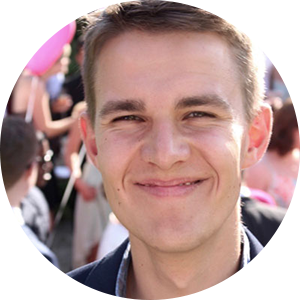 |
Ambassador Lennart Wittkuhn Max Planck Institute for Human Development “‘Open science’ should just be ‘science’.” |
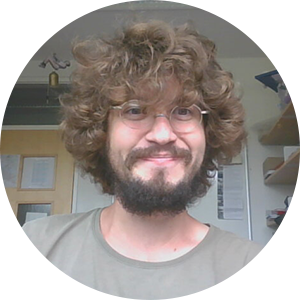 |
Ambassador Batuhan Cagri Yapan Max Planck Institute for Marine Microbiology “Open access to knowledge is the key to an equal world.” |
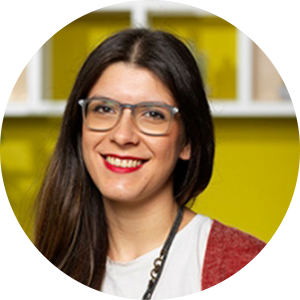 |
Ambassador Eirini Zormpa Max Planck Institute for Psycholinguistics “I care about open science because I believe that by making research more open, we also make it more reproducible, more replicable, more trustworthy.” |
Note: All statements above express personal views of the Ambassadors. All statements are licensed under a CC-BY 4.0 license.